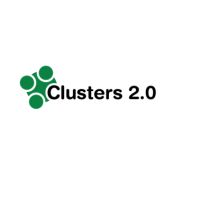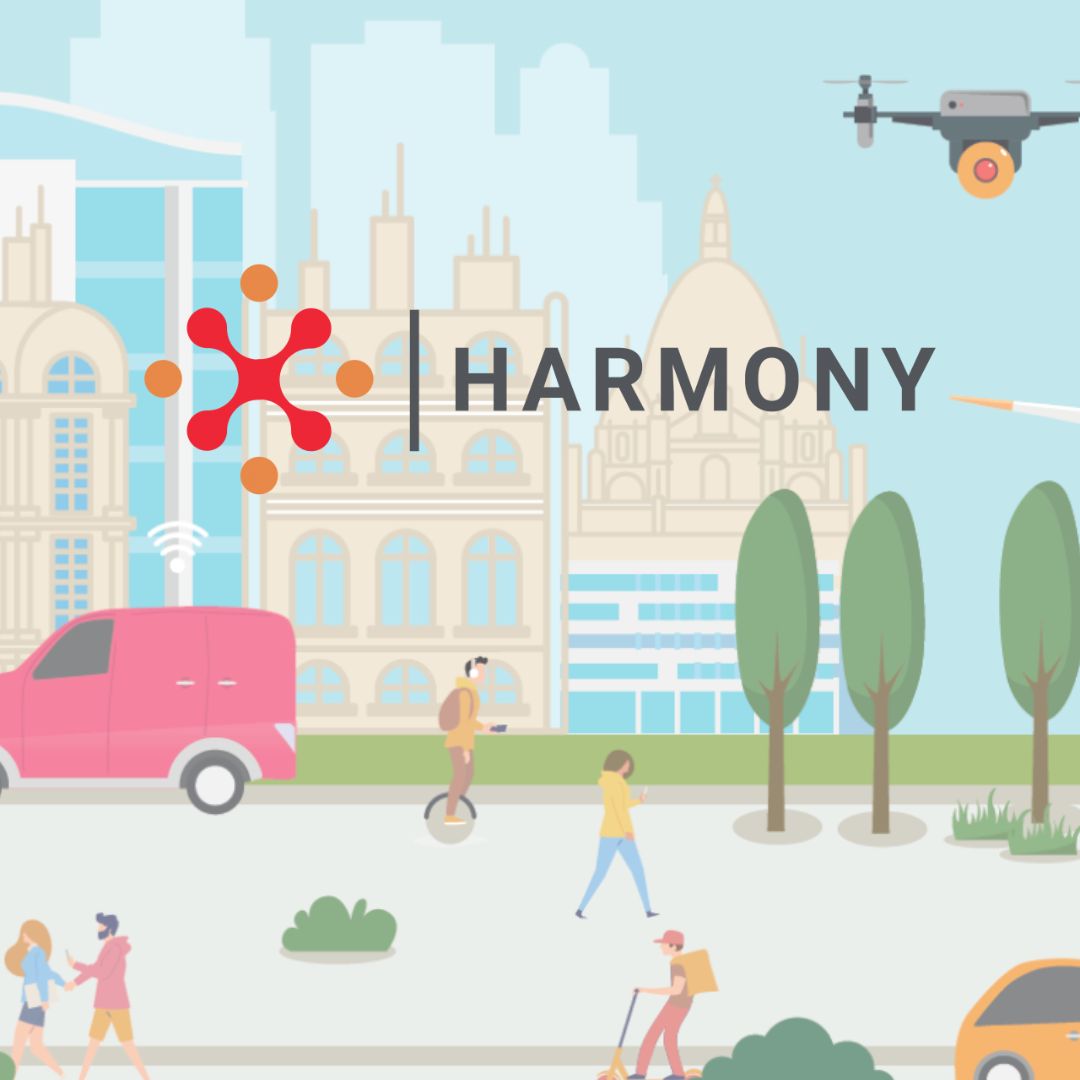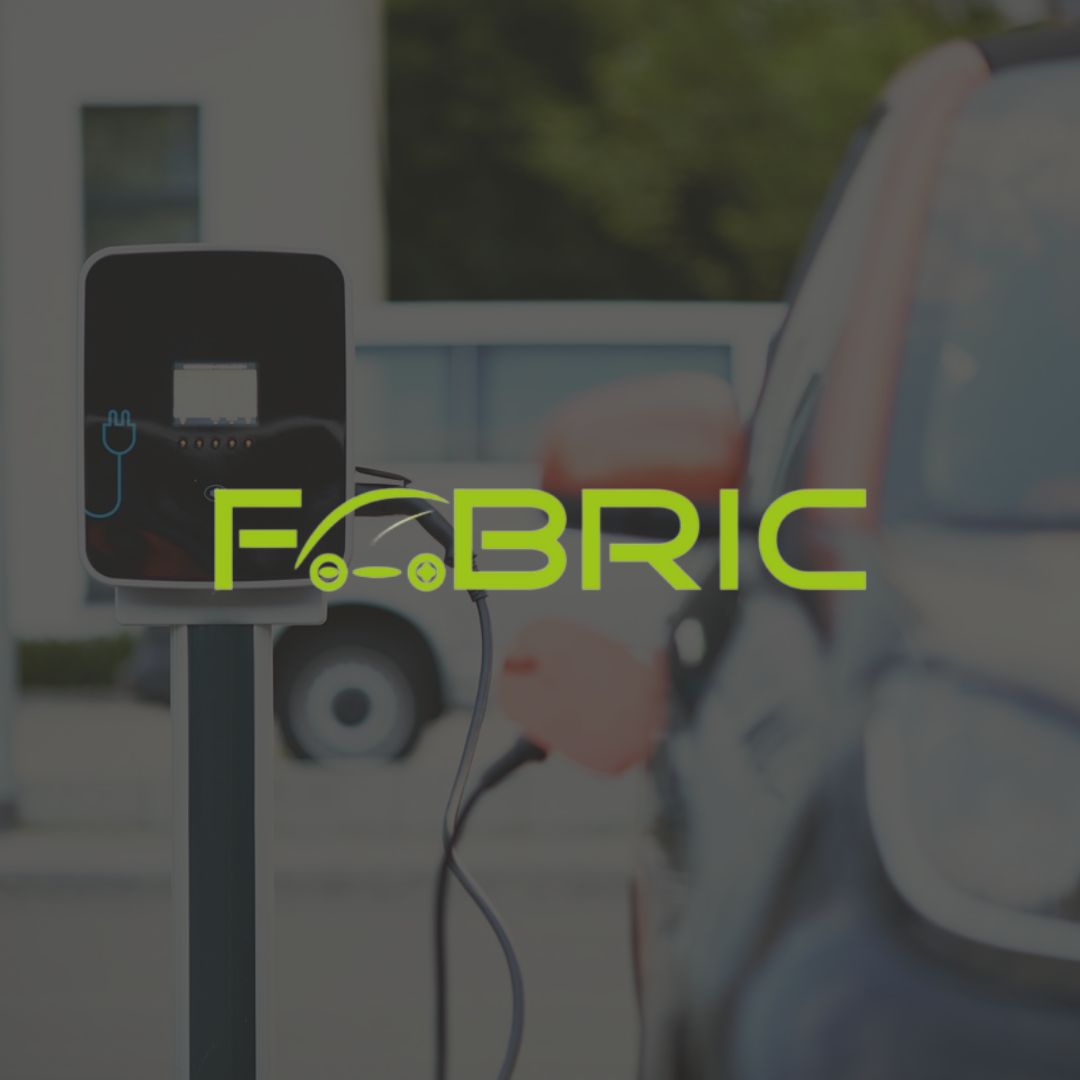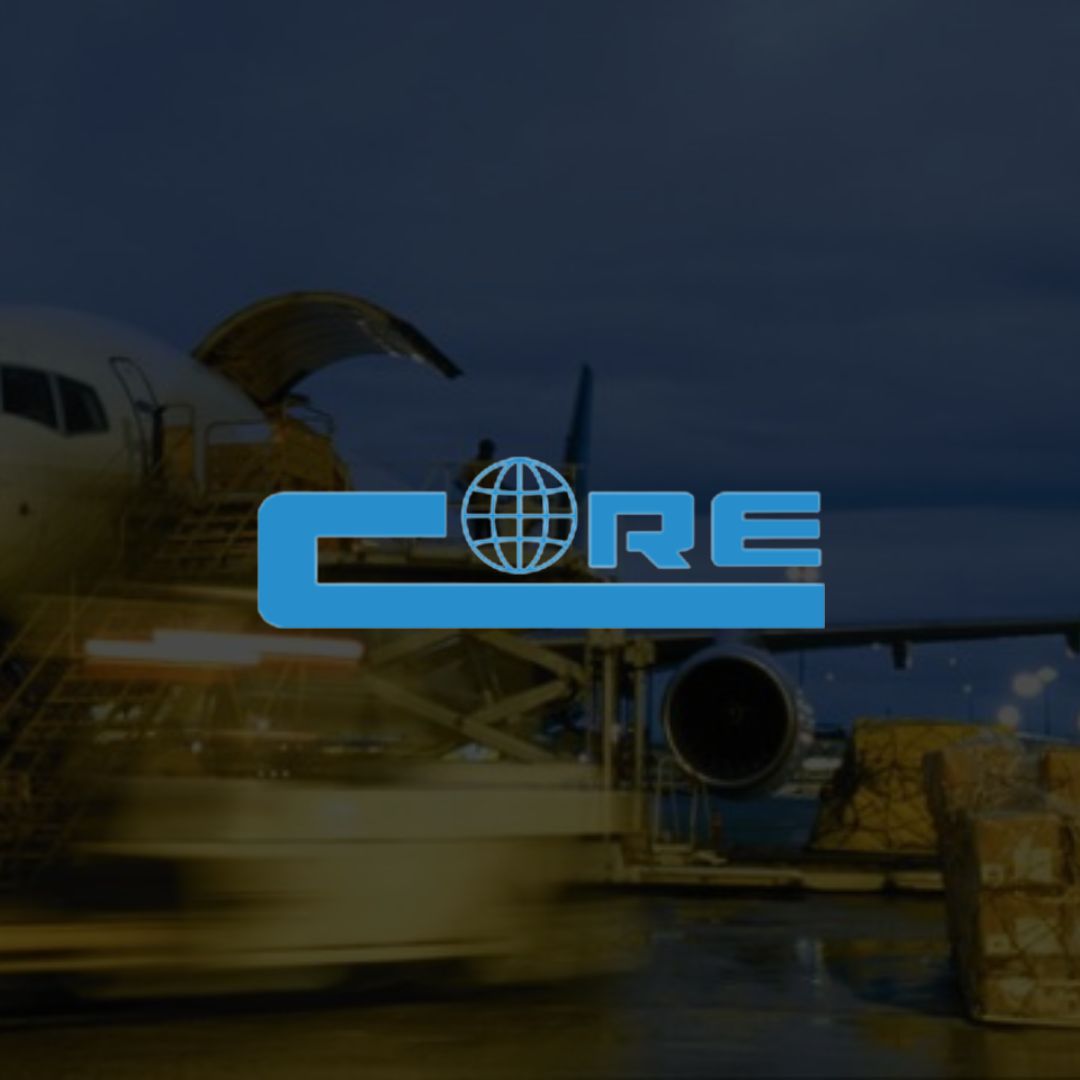Clusters 2.0

Open network of hyper connected logistics clusters towards Physical Internet
-
Grant Agreement number 723265
36 months
May 2017 to August 2020
The challenge
The solution
Cluster 2.0 is a logistics project based on three pillars: co-ordination, connectivity and openness. It will use an open network of logistic clusters, supporting local, regional and European development, while keeping neutral local impacts such as congestion, noise, land use and local pollution levels.It relies on an Open Network of Logistics Clusters operating in the frame of Ten-T and supporting local, regional and European development, while keeping neutral the local impacts such as congestion, noise, land use and local pollution levels. It enhances and advances the coordination among logistics stakeholders within clusters and among European logistics clusters.
- Objective 1
- Objective 2
- Objective 3
- Objective 4
Increase the engagement, performance and coordination of terminals and hubs in the clusters
Achieve a significant step forward in the European Transport performance through a hyper connected network of logistics hubs and clusters
Develop low cost, low capital and investment intensive enhanced goods handling and transhipment solutions
Develop prototypes of New Modular Load Units (NMLUs)
- Objective 5
- Objective 6
- Objective 7
- Objective 8
Develop enhanced Dynamic Terminal Management Systems
Establish and run 3 Living Labs (LLs)
Perform Clusters 2.0 overall Impact Assessment
Develop Business Models and Robust Business Plans for Clusters 2.0 solutions
Outcomes: Key results
- Improved efficiency and reliability of freight transport
- Lower cost of transportation
- Reduced energy consumption and emissions
- Decreased congestion on roads
- Encouragement of traffic shift to non-road modes
- D1.1.1 Market Analysis
- D1.1.2 Market Analysis update
- D7.1 Communication Strategy and Plan
- D7.2 Communication kit
- D7.3 Dissemination report
Role of Enide
- Communication
- Dissemination
- Engagement
Services related to the role
- Market Analysis and Monitoring
- Communication
- Revision of the Functionalities and Definition of Technical Architecture

HARMONY
Supports public authorities and service providers in transport and spatial planning. Developed the Model Suite to inform suitable recommendations to be implemented in different urban scenarios. Real-life testing will include demonstrations with drones and autonomous vehicles at the service of citizens’ needs.

Fabric
FABRIC responds to the need to assess the potential and feasibility of a more extensive integration of electric vehicles in the mobility and transportation system, focusing primarily on dynamic wireless charging which would allow practically all of the drawbacks of on-board battery packs to be avoided.
